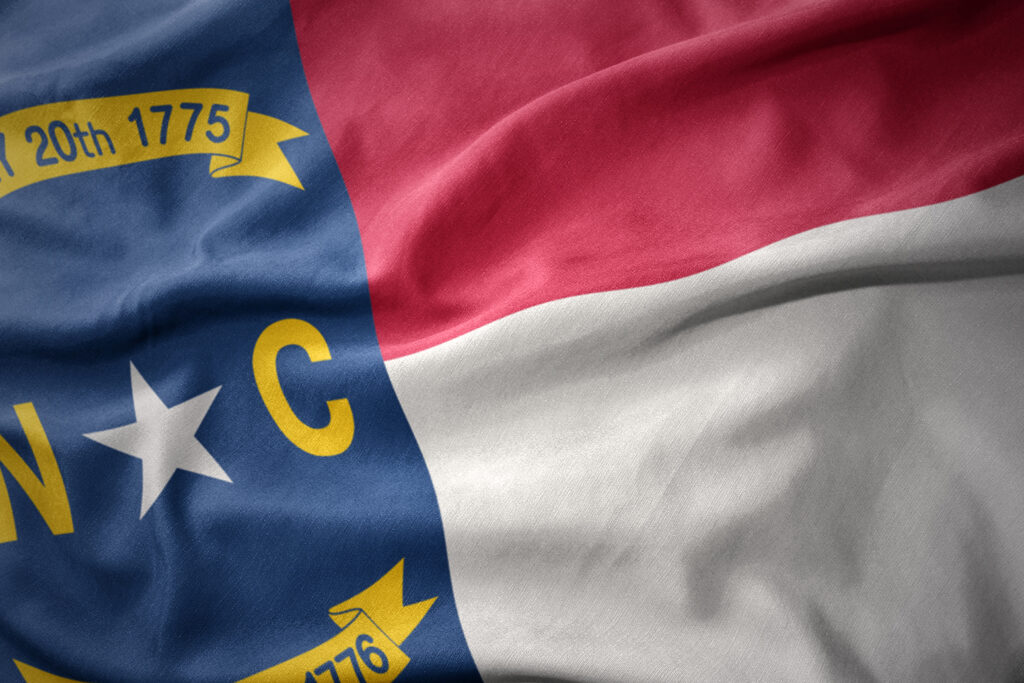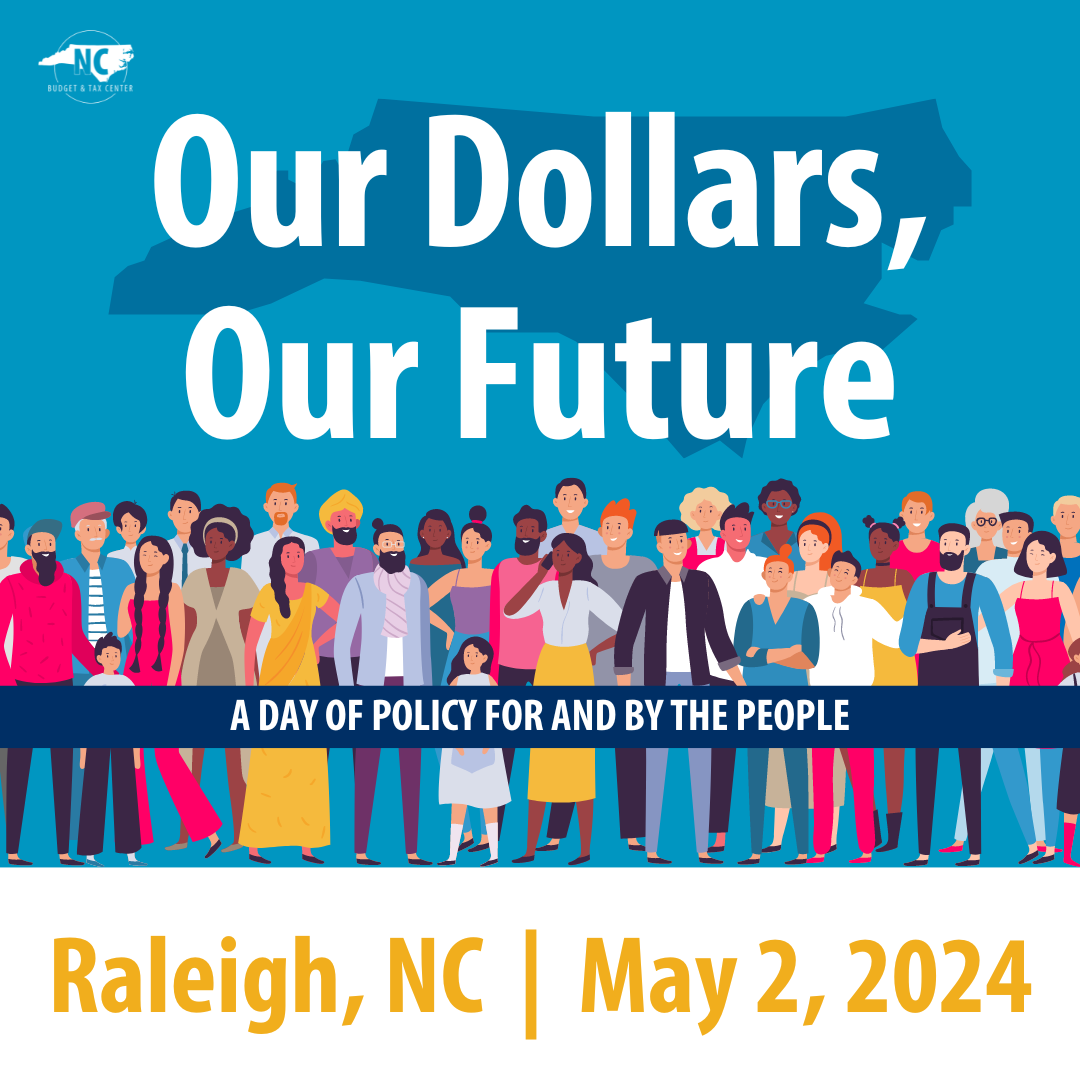Welcome our 2024 Better NC Fellowship Cohort!
The North Carolina Budget & Tax Center is excited to announce the 2024 cohort of the Better NC Fellowship! This year, we welcomed our largest cohort of Better NC Fellows, with ten North Carolina leaders from eight counties across North Carolina.
In collaboration with the NC Black Alliance, the NC Budget & Tax Center hosts the Better NC Fellowship — a 6-month opportunity for individuals to deepen their engagement and understanding in fiscal and economic policies in connection to the work they are doing in their communities. The fellowship aims to create connections across communities where leaders are working to advance budget decisions at the local and state level to improve well-being and include the public in the process.
We are thrilled to collaborate with these remarkable leaders who are eager to create opportunity for all North Carolinians — no matter where they live and whether they are Black, brown or white — to be part of the budget process and have their voices heard.
The 2024 Better NC Fellows:
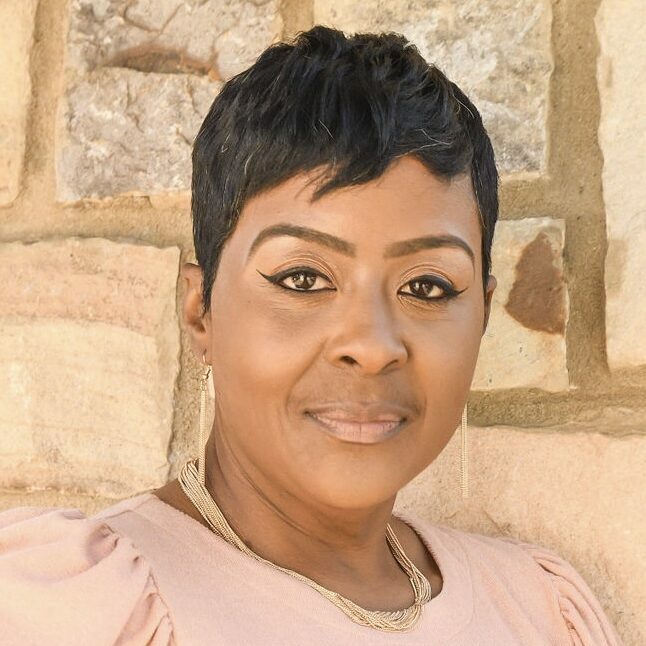
Traletta Banks (she/her/hers)
- Charlotte, Mecklenburg County
- Traletta has or is currently working with the following communities and/or organizations: Erica's closet, Emancipate NC, Center for Community Transitions, Reentry Housing Alliance
- Why she is interested in learning about the state and local budgets: "I am interested in learning more about how the local and state budgets work because the knowledge will assist me with the ongoing efforts with serving our Black communities. Housing is a huge issue here, just like all other places in this world, but housing is a really big issue here in my community. I mostly work with individuals with criminal backgrounds, it affects everyone around us, and I believe if the budget state/local had more equitable investments and allocations, this may help tackle some of the housing issues that exist in our community."
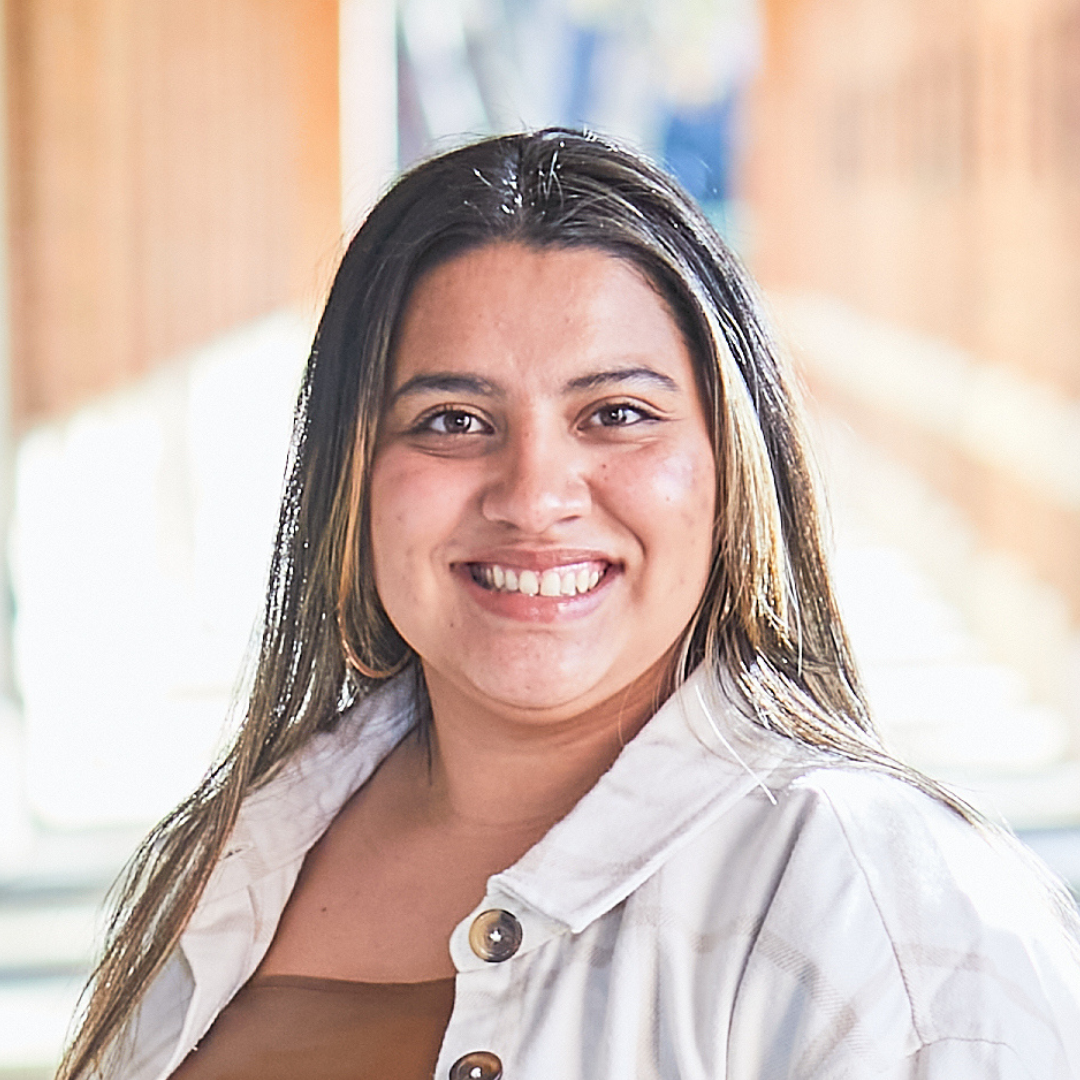
Mirella Cisneros Perez (she/her/hers)
- Elon, Alamance County
- Mirella has or is currently working with the following communities and/or organizations: LatinxEd, Elon University, Student U, Elon Academy, and public schools in Greene, Durham, and Alamance counties.
- Why she is interested in learning about the state and local budgets: "I moved here at 3. I grew up undocumented alongside my parents in rural NC I really grasped the impact of being undocumented as I applied to college. I felt gaslit by the achievement gap. This led me to being more active in my community. The Latine community is the fastest growing ethnic group in North Carolina schools. Unfortunately, we do not have enough representation at decision-making tables that can advocate for and influence budget decisions that increase diverse teacher pipelines and improve access to culturally relevant resources and opportunities for Latine students and families. At LatinxEd, I am working to equip Latine leaders to create culturally sustaining education systems that recognize, meet, & honor the diverse needs of Latine immigrant families. We cannot do that without policy change that uproots social and educational barriers of opportunity for Latine, Black, indigenous, and other people of color. Through the BetterNC Fellowship, I hope to gain the skills necessary to access, navigate, and advance budget decisions. With this new knowledge I will be able to further equip Latine leaders to effectively mobilize around issues of educational equity at local & statewide levels."
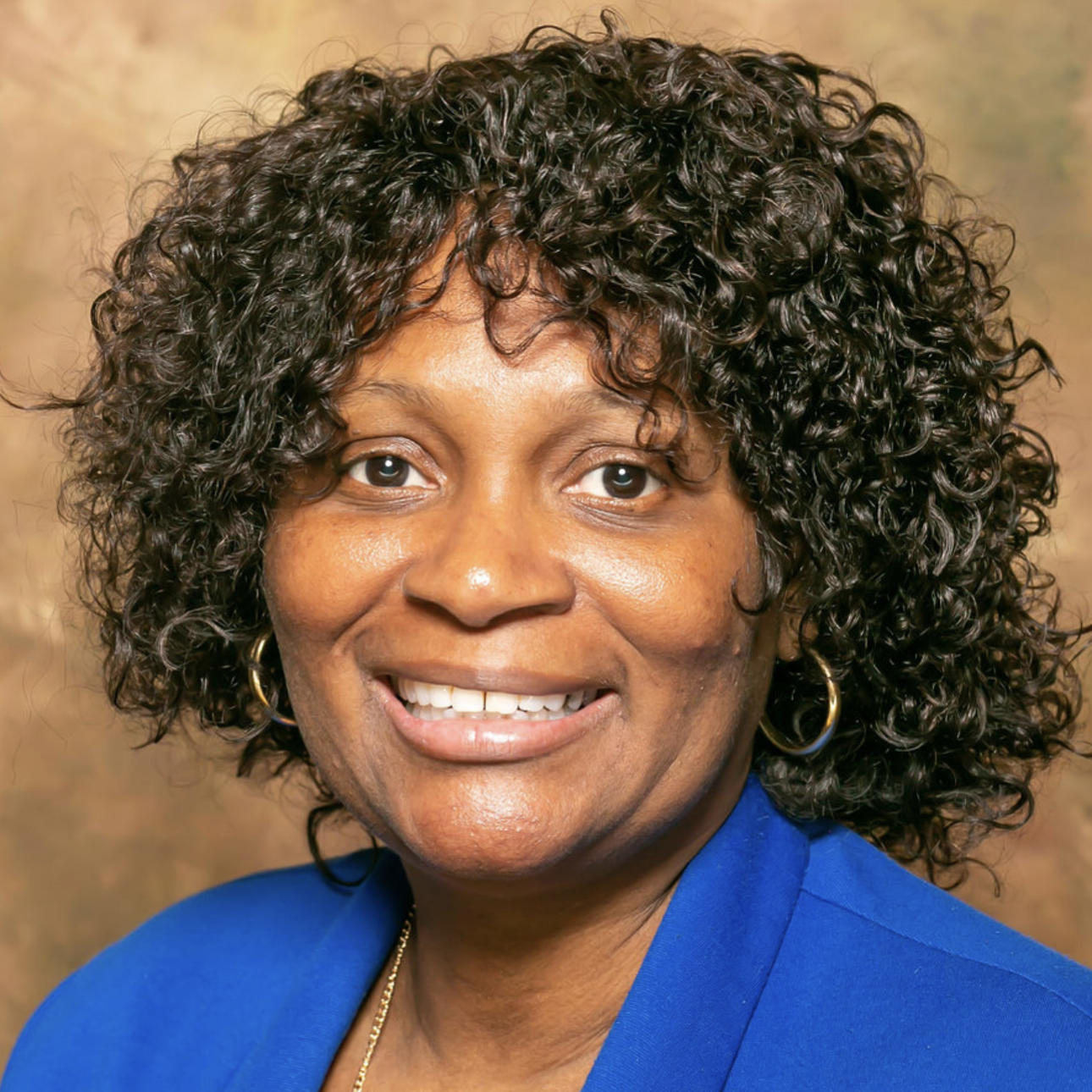
Keisha Dobie (she/her/hers)
- Elizabeth City, Pasquotank County
- Keisha has or is currently working with the following communities and/or organizations: Currituck County Schools, Elizabeth City Pasquotank Public Schools, Camden County Schools, Southern Coalition for Social Justice, NAACP, Zeta Kappa Omega Chapter of Alpha Kappa Alpha Sorority, Inc.
- Why she is interested in learning about the state and local budgets: "I am tired of sitting in meetings and hearing about “restricted and unrestricted” items on the local budget. I rarely see anything presented about budgets spent and hear about budget requests. People are quick to say that they don’t have the funding to promote this project or that is too expensive. When citizens do not understand how basic budgets operate, then it creates mistrust in the community. Another reason why I am interested in understanding more about the local budget is that Elizabeth City has been investigated by the LGC (Local Government Commission) because of the fiscal management of the city over a four-year period. The newspaper releases articles, but it is difficult to understand when I do not have an understanding of the guidance and oversight required for local government. The way I anticipate using the information and experience is through storytelling within my community. I want to be able to demystify the stigma around the local budget, especially in understanding how we can possibly reduce the unhoused condition. I will then be able to engage with my elected officials and work with them on acquiring viable solutions for the homeless situation. I am hopeful that with the information I learn, I can get engaged in the conversations that move our community forward."
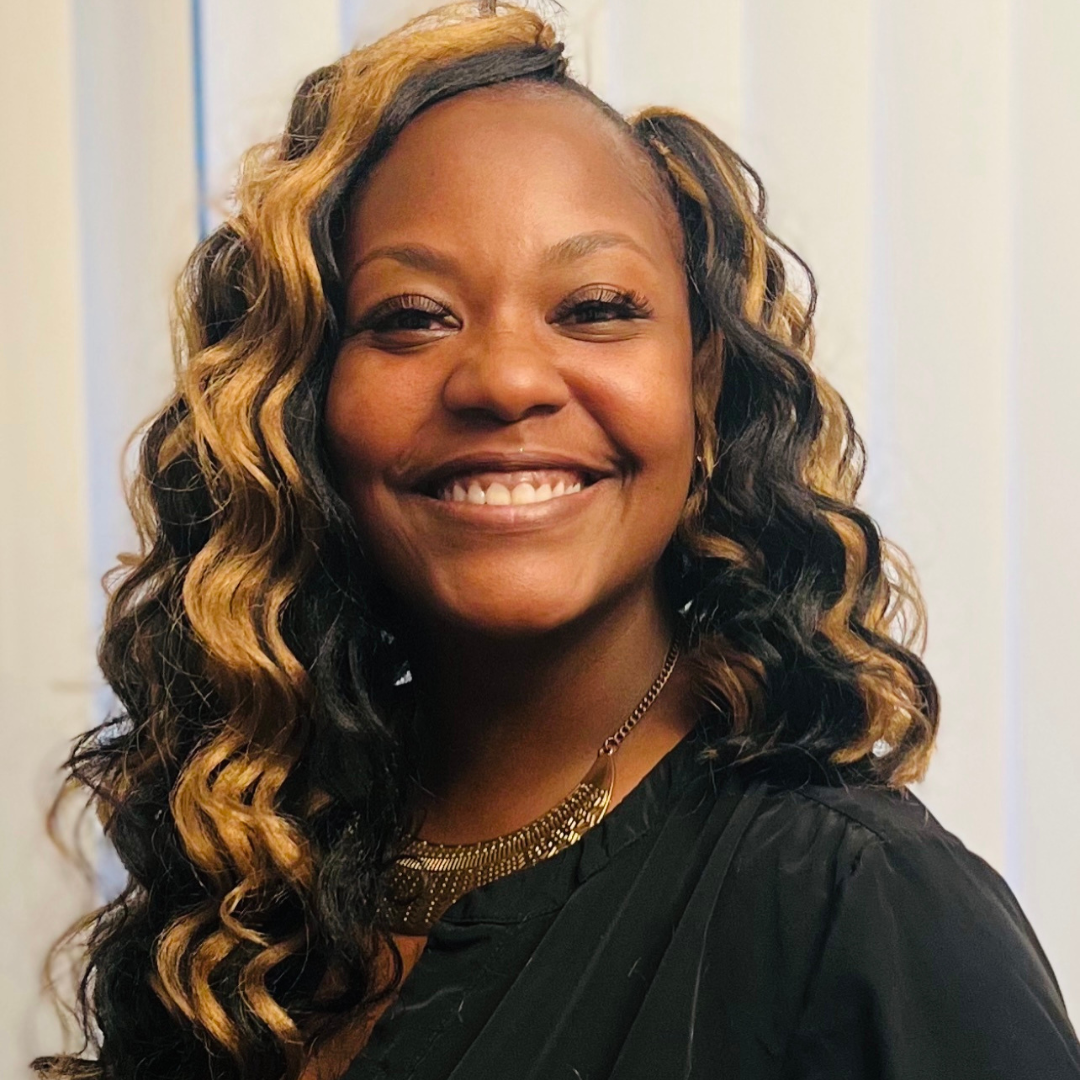
Nichel Dunlap-Thompson (she/her/hers)
- Charlotte, Mecklenburg County
- Nichel has or is currently working with the following communities and/or organizations: UE Local 150, Jobs for Justice, Advancing Black Strategist Initiative, Citizen Transit Advisory Group, Community Safety Initiative
- Why she is interested in learning about the state and local budgets: "The struggle with the CATS Operators, and the housing market here in the community is centered around funds and capacity. The wages the city workers are missing from their paychecks are a line within the budget, it's just in the wrong place... We must ensure that the state shares its' budget with the black and brown community which holds a high percentage of city jobs. This upcoming election season has already begun to take a twist that has all of us frightened. The working class is in a very peculiar place, it will take education, mobilization, and organizing to maintain the few protections we currently have let alone, gain what we deserve... Understanding how to fund these struggles will be key to arming the working class. Locating the resources and having the capacity to review the data with a broader scope increases your chances of having funds released and or granted."

Cindy Fink (she/her/hers)
- Rowan County
- Cindy has or is currently working with the following communities and/or organizations: Meals on Wheels, Coastal Pines Girl Scout Council, Epsilon Gamma Corp, Salisbury Rotary Club, Oxford Rotary Club, Granville Arts Council
- Why she is interested in learning about the state and local budgets: "I would like to understand more about this process and share it with local leaders and advocates. Rowan County non-profits and municipalities are anxious to develop an Aging plan and we are hearing the need for a Public Transportation plan. Both of these plans impact senior populations and diverse populations. Both Aging and Transportation significantly impact individuals who are aging without coordinated senior services and economically challenged individuals without personal transportation. These groups of individuals would be helped by more equitable investments and a more inclusive budget process. I also want to involve younger and more diverse participants in the advocacy network. In Rowan County, we specifically need to include more black, Hispanic, and younger than 40-year-old individuals who want to learn to advocate on behalf of organizations and our community. As these individuals gain an understanding of the information, tools, and connections, my goal would be for them to share what they learn."
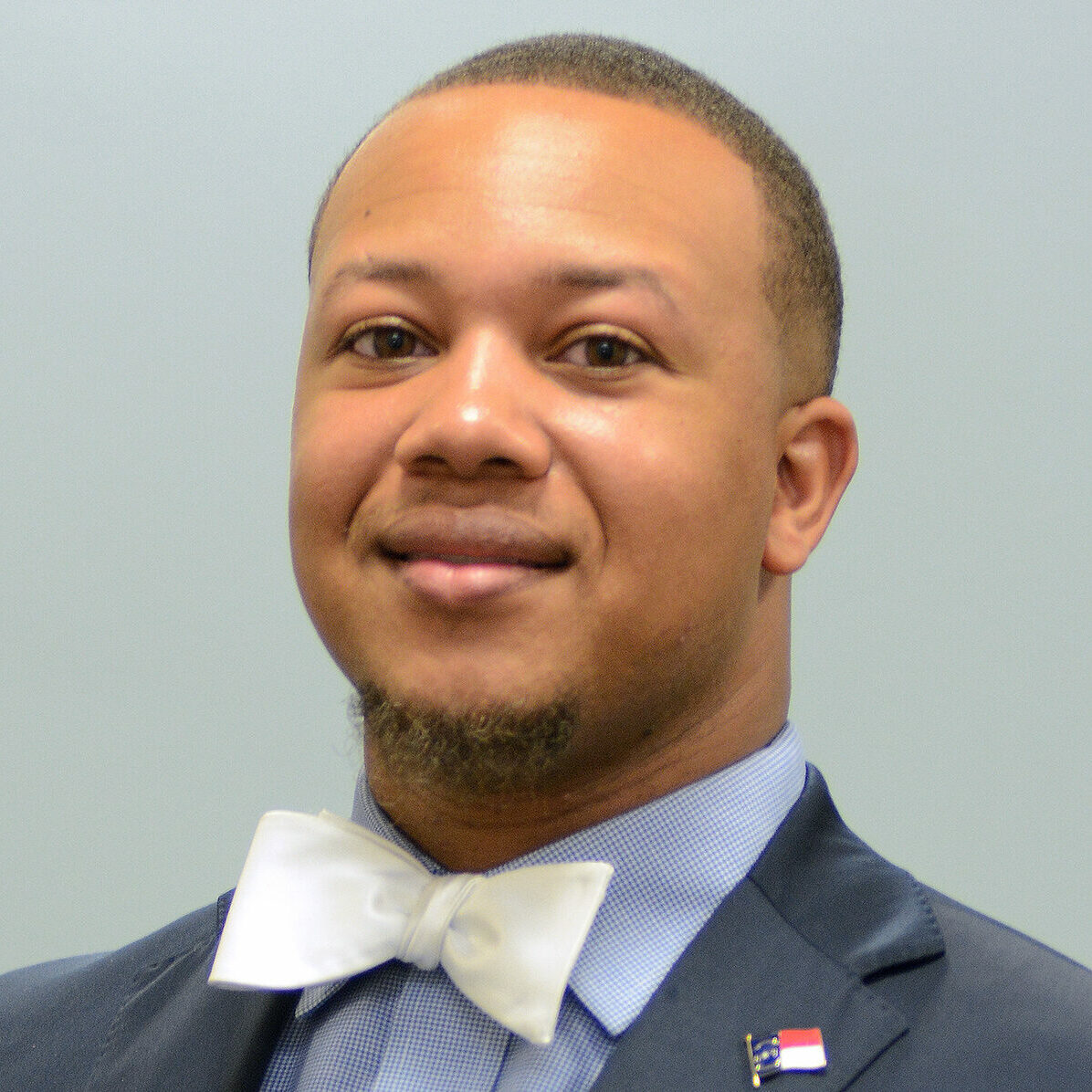
Kelby Hicks (he/him/his)
- Northampton County
- Kelby has or is currently working with the following communities and/or organizations: Northeastern NC resiliency hub, HBCU organizer for HFA, NAACP, voting rights volunteer of NC Black Alliance, a past candidate for NC HD-27, John Locke Foundation
- Why he is interested in learning about the state and local budgets: "I want the opportunity to build on my community advisory and advocacy acumen and understand how to effectively navigate the local and state budget process to better support my community. I would love to serve on local economic development and recreation commissions, as well as be able to host town halls, community conversations, and regional seminars on the workings of state and local governments. Additionally, I hope to help catalyze cooperative initiatives that continue to build community capacity through sustained impact. Heading into an election year, I certainly anticipate several collaborative events with active nonprofit organizations within the NENC community. I aim to leverage this Fellowship experience to build bridges within my community, diminish the rural-urban divide, and educate the masses for enlightenment and engagement.

Makayla Johnson (she/her/hers)
- Scotland Neck, Halifax County
- Makayla has or is currently working with the following communities and/or organizations: A Better Chance A Better Community, the ARPA Project, Community Food Strategies
- Why she is interested in learning about the state and local budgets: " I want to learn because it will help me better advocate for my community regarding investments and funding opportunities. I also want to learn more about state and local budgets because I plan to teach my community. What’s the point of learning anything if you aren’t able to share it with those who need the information? I anticipate using this information and experience within our county ARPA Project meetings and Community Watch Parties. I want to become a resource for community members when they have questions about state and local budgets and how they affect our community."
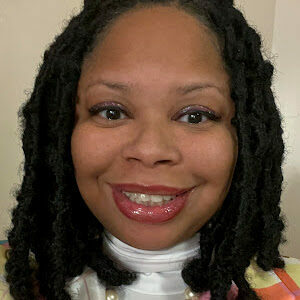
Brooklyn Nelson (They/them/theirs, She/her/hers)
- Durham County
- Brooklyn has or is currently working with the following communities and/or organizations: A. Philip Randolph Institute, ARPI, NC Asian Americans Together
- Why she is interested in learning about the state and local budgets: "When canvassing for members and voter registration, I learned that many of our people only know what they are exposed to and what their family and friends think on social issues. Their minds are made up based on a limited amount of information and that is due to the lack of information provided in many areas. I’ve also learned that when I address an area with information and proof of facts, the same individuals are open to listen, spread the word and attempt to advocate for this newfound knowledge given to them. I learned that people are looking for security, safety and a county/state they can trust, but they have been disappointed repeatedly, making it hard to convince people to have an opened mind. I am a direct communicative person, that likes to have facts and next steps to a solution on hand, this allows me to speak fluently and accurately explain the goals and/or missions I’m dedicated to in the community. I need to know what/when/where/how budgets are spread through the state and locally so I can provide answers and fight for changes that need to be made. Many people have issues in directed in the wrong way, this information will allow the direction of concern to be aimed at the proper targets to get some different results."

Dr. Lashaundon Perkins (she/her/hers)
- Wayne County
- Lashaundon has or is currently working with the following communities and/or organizations: D9(Frats and Sorority), The Housing Authority of the City of Goldsboro, NC Education Policy Fellowship Public School Forum of North Carolina, National Association and Housing Redevelopment Officials (NAHRO) Council of Large Public Housing Authorities (CLPHA), Wayne County public schools and community colleges, North Carolina Association of Educators (NCAE), National Association of Housing and Redevelopment (NAHRO) Member, Wayne Forward Workforce, Wayne Child Advocacy Network (CAN)
- Why she is interested in learning about the state and local budgets: "I am interested in learning more about state and local budgets because my community is suffering a lot because of the lack of transparency when it comes to our local budgets from the city and county levels. Our community has had several state audits due to budgets and the processes in place. My desire is to use the experience and information I learn to be inform our community and be a voice to educate them. I want to use this experience and information to help stakeholders within our city and county officials to develop better funding processes if needed as well as ensure we are strategically using the budget to obtain better outcomes within our community. We have several concerns within our community that need to be attended to and funding is an issue. How can we have better spending measures with the budgets received?"

Tamika Williams (she/her/hers)
- Charlotte, Mecklenburg County
- Tamika has or is currently working with the following communities and/or organizations: Rise to Health, NC Community Health Worker Association, Region 3 Community Health Worker Ambassador, Monroe Rotary Club, Union County Collaborative, Thrive Union, Mecklenburg County Community Health Worker Initiative
- Why she is interested in learning about the state and local budgets: "I love engaging in learning opportunities that provide tools and resources that can assist my advocacy efforts for communities I serve. I would like to further my knowledge of how state and local budgets are created and how decisions are made in allocating funds. Looking at the budget through an equity lens can open my eyes to more positive outcomes for each community and its members. I am currently engaged in supporting the Community Health Worker Access Act (CHWAA) which is an act to improve reimbursement for Community Health Workers in Medicare and Medicaid while expanding access to community-based services for enrollees. CHWs are essential workers in the most underserved and underfunded communities, and it is my hope that my experience and continued advocacy efforts will show state and local governments the need for funding in certain communities. Adopting budgeting practices and effective collaboration with local governments can better align resources with strategic priorities and more effectively serve their communities."


